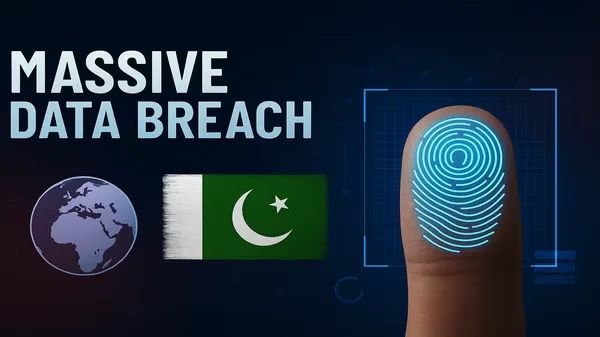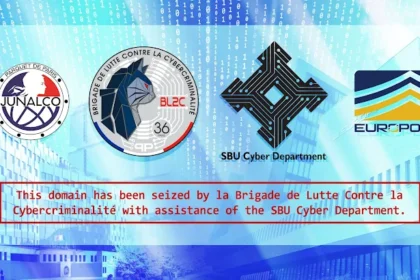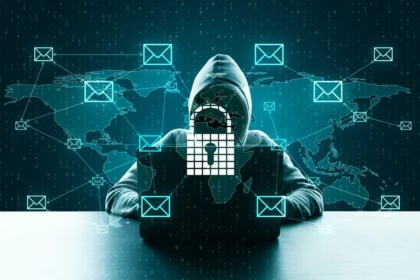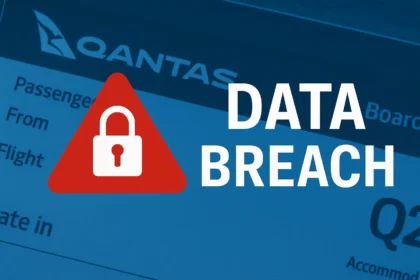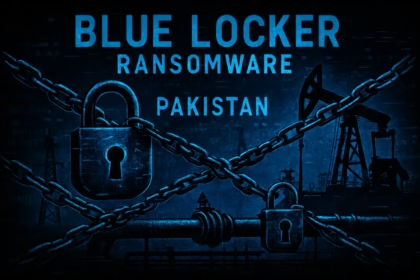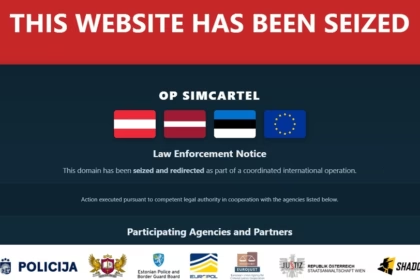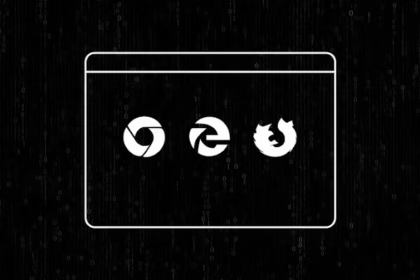In one of the most alarming cyber incidents in Pakistan’s history, a massive data breach has exposed sensitive personal and biometric information of millions of citizens. Reports confirm that copies of NADRA’s national identity database have surfaced on underground cyber forums, raising serious concerns over digital privacy and national security.
The leaked dataset allegedly includes:
- Full names
- CNIC numbers
- Addresses
- Dates of birth
- Photographs
- Fingerprint templates
- Family links and biometric verification logs
While NADRA has not confirmed a direct breach of its central servers, cybersecurity experts believe the data was siphoned from third-party systems—such as telecom operators, banks, and e-government portals—that integrate with NADRA’s verification APIs. Many of these systems lack robust encryption and access controls, creating critical vulnerabilities.
“This isn’t just a data leak—it’s a national emergency,” said cybersecurity analyst Dr. Farah Naz. “Biometric data can’t be reset like a password. Once it’s out, it’s out forever.”
Government Responds Amid Public Outcry
Following viral social media posts under hashtags like #NADRABreach and #SaveMyCNIC, NADRA issued a brief statement acknowledging “unauthorized circulation of data” and confirming an ongoing investigation with the FIA and National Centre of Cyber Security.
However, critics argue the response has been slow and vague. Citizens are reporting a spike in phishing calls, fake verification requests, and SIM swap scams—many suspecting a link to the leaked data.
Why This Breach Is So Dangerous
- Biometric data is permanent: Unlike passwords, fingerprints and facial scans can’t be changed.
- High risk of identity theft: Fraudsters can clone IDs, open bank accounts, or file fake applications.
- Potential for surveillance abuse: Exposed data could be exploited by malicious actors, including foreign entities.
Pakistan still lacks a finalized Personal Data Protection Law, despite years of drafting. Experts urge immediate legislative action and mandatory audits of all NADRA-connected systems.
What You Can Do
- Avoid sharing your CNIC number unless absolutely necessary
- Enable two-factor authentication on all digital accounts
- Monitor for suspicious activity related to banking, SIMs, or government services
- Report suspicious verification attempts to NADRA or FIA Cyber Crime Wing
As investigations continue, the incident underscores the urgent need for stronger cyber defenses and transparent governance in Pakistan’s digital transformation.
ShortLeap Take:
No system is 100% secure—but when biometric data of millions of citizens is at risk, accountability must be non-negotiable. Pakistan can’t afford to treat data privacy as an afterthought.
Stay updated with ShortLeap.org for Cyber Security news that matters to Pakistan and World.



